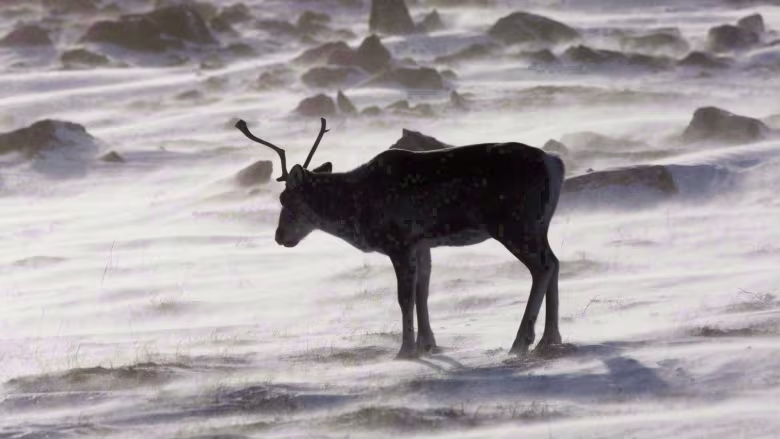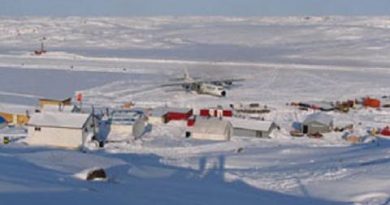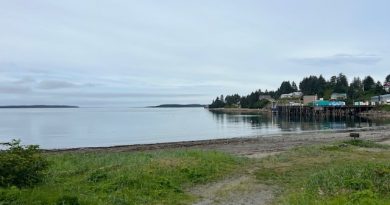Nunavut judge: Driving bans inconvenience Inuit hunters, not a rights violation

By Emma Tranter, CBC News
A Nunavut judge has ruled that mandatory driving bans for people charged with impaired driving do not violate Inuit hunters’ Charter rights.
Lawyers for a group of Inuit hunters argued back in September that mandatory driving prohibitions prevent harvesters from going on the land to hunt, a right that’s also protected under the Nunavut Agreement.
The case focuses on three Inuit hunters who have all been charged with impaired driving while operating vehicles. In affidavits filed with the Nunavut Court of Justice, the three men describe how the practice of hunting connects them to their culture, provides their families and communities with food and also helps with rehabilitation.
In Canada, people convicted of impaired driving on a first offence, face a mandatory driving ban of at least one year. That mandatory minimum prohibition increases to two years after a second offence, then three years after a third.
In a decision released Friday, Justice Paul Bychok said the hunters involved in the case did not prove how a driving ban would prevent them from hunting.

“No evidence was led as to how the physical act of driving during a hunt, while perhaps desired, was fundamental or inherently personal to the individual applicants,” Bychok wrote in his decision.
The lawyers had argued the ban prevents hunters from using vehicles to hunt out on the land. Bychok disagreed.
“The applicants shall remain free to hunt,” Bychok wrote. “They will no doubt be inconvenienced during the period of the driving prohibition as they will have to rely on others in the hunting party to operate the motor vehicles.”
In Nunavut, hunters often travel long distances by snowmobile, boat or ATV to harvest animals like caribou, whales, seals, fish and walrus.
The Crown admitted that prohibiting Inuit hunters from driving out on the land to hunt does violate their rights and conceded to the defence’s Charter application.
When the Crown concedes that a right has been breached, the judge can decide to give Parliament one year to amend its current laws.
Bychok dismissed the application.
Related stories from around the North:
Canada: Impaired driving charges on rise in N.W.T., says defence lawyer, CBC News



